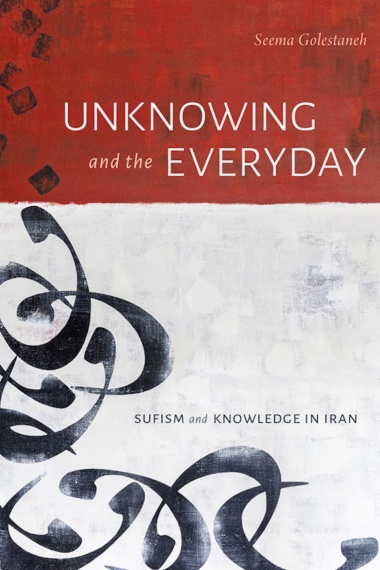In Unknowing and the Everyday Seema Golestaneh examines how Sufi mystical experience in Iran shapes contemporary life. Central to this process is ma’rifat, or “unknowing”—the idea that, as it is ultimately impossible to fully understand the divine, humanity must operate from an engaged awareness that it knows nothing. Golestaneh shows that rather than considering ma’rifat an obstacle to intellectual engagement, Sufis embrace that there will always be that which they do not know. From this position, they affirm both the limits of human knowledge and the mysteries of the profane world. Through ethnographic case studies, Golestaneh traces the affective and sensory dimensions of ma’rifat in contexts such as the creation of collective Sufi spaces, the interpretation of Persian poetry, formulations of selfhood and non-selfhood, and the navigation of the socio-material realm. By outlining the relationship between ma’rifat and religious, aesthetic, and social life in Iran, Golestaneh demonstrates that for Sufis the outer bounds of human thought are the beginning rather than the limit.
- Cover
- Contents
- Acknowledgments
- Prologue
- Introduction
- 1. Sufism in Iran, Iran in Sufism
- 2. Unknowing of Text, Unknowing of Authority
- 3. Unknowing of Self, Unknowing of Body
- 4. Unknowing of Memory
- 5. Unknowing of Place
- Postscript
- Notes
- Bibliography
- Index
- A
- B
- C
- D
- E
- F
- G
- H
- I
- J
- K
- L
- M
- N
- O
- P
- Q
- R
- S
- T
- U
- V
- W
- Y
- Z

